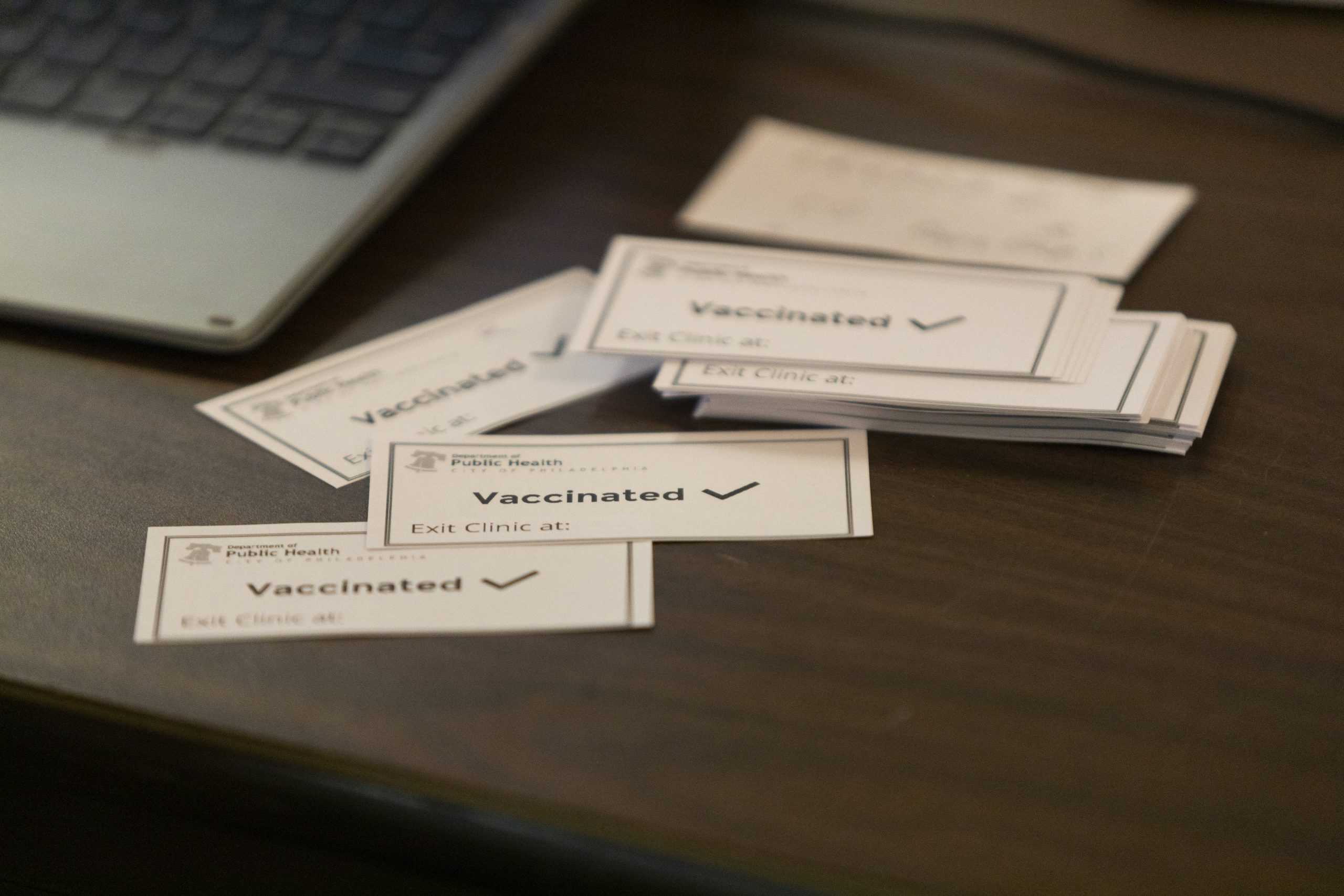As the COVID-19 vaccine slowly becomes more widely available, the university is currently assessing how to distribute and make the vaccine accessible to the community while planning ahead for the fall semester.
As of March 20, the Pfizer-BioNTech COVID-19, Moderna COVID-19 and Janssen COVID-19 vaccines have all been approved for distribution under Emergency Use Authorization (EUA).
According to a Jan. 20 email from Cheryl McConnell, Ph.D., provost and vice president for academic affairs, when a vaccine is being used under EUA, the university cannot mandate community members receive it.
Cary Anderson, Ed.D., associate provost and vice president of Student Life, wrote in response to written questions from The Hawk that once the EUA classification is lifted, the university may add it to their mandated list of vaccines.
The university currently requires vaccines for MMR (Measles, Mumps, and Rubella), Tetanus/Diphtheria, Polio, Meningococcal Meningitis, Varicella and Tuberculosis (for certain groups), while strongly recommending vaccines for Hepatitis B, Hepatitis A and Meningococcal B. Exemptions are only allowed with documented health or religious reasons.
“There is no official position of the university on this topic,” Anderson said. “It remains in review and discussion.”
The university is currently recommending that everyone who is eligible for the COVID-19 vaccine should get it.
Those currently eligible for the COVID-19 vaccine in Philadelphia County are only vulnerable populations classified in phase 1A or 1B. Those who work or attend a college or university are classified under phase 1C, which includes “essential workers with lower risk of exposure and persons 65-74,” according to the Philadelphia Department of Health (PDPH).
Gabrielle Lacherza, public relations manager, wrote in response to written questions from The Hawk that while the university cannot guarantee that all community members will receive a vaccine by the start of the fall semester, the possibility looks “hopeful.”
“That said, if members of the community do not have a vaccine by fall 2021, we will assist those members in locating resources to do so,” Lacherza said. “Perhaps by then we will be able to offer a clinic on campus.”
Sally Kuykendall, Ph.D., chair of the health studies department and a member of the university’s Vaccine Working Group, said the university does not have the clinical capacity to run a clinic.
Lacherza added that the university is currently unable to act as a vaccination site for community members.
James Garrow, director of communications at the PDPH, said in order for a university or any community organization to distribute the vaccine, they need to have adequate capacity and resources to do so.
“I know some universities, especially those that are affiliated with hospitals, makes it a lot easier because they’ve essentially got medical staff on site and they have storage capacity and the capacity to do these things,” Garrow said. “But, that doesn’t obviate nonmedical universities from finding a partner who has the capacity to do this and setting up clinics to be able to push these things out.”
Garrow said there is not a firm timeline that the city has to determine when those in phase 1C in Philadelphia County will be approved to start receiving the vaccine.
“Philadelphia Health Commissioner, Dr. Farley has said that he has hopes by the end of April or sometime in April to be able to move to phase 1C,” Garrow said.
The rest of Pennsylvania, except for Philadelphia County, is distributing the vaccine to only those classified under phase 1A, according to the Pennsylvania Department of Health. Montgomery County, where half of St. Joe’s campus is situated, is currently distributing the vaccine only to those in phase 1A, according to the Montgomery Department of Health.
The university has implemented a “voluntary reporting survey” for students, faculty and staff to disclose their vaccination status, in order to track the number of community members who have received the vaccine so far, according to a March 19 university announcement from Anderson and Zenobia Hargust, M.S., SPHR, chief human resources officer.
“This survey will allow the university to provide asymptomatic community members who have been vaccinated with customized quarantine procedures and excuse them from surveillance testing” Anderson and Hargust said. “Without providing this information, vaccinated community members will still need to follow University quarantine and surveillance testing protocols as we will need proof of vaccination to make exceptions.”



















































